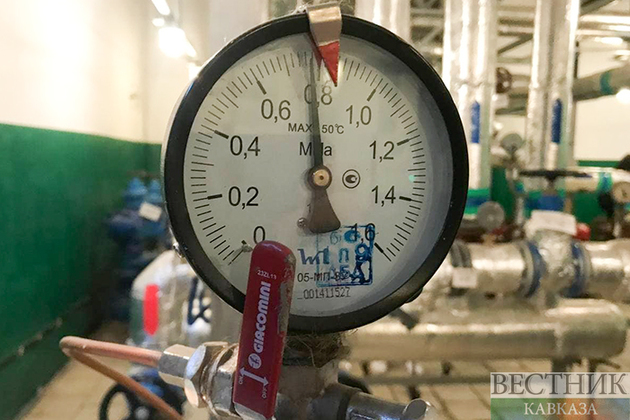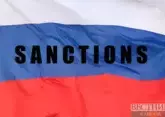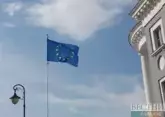There’s a famous saying that no military plan survives its first contact with the enemy. The greatest theorist on war, Carl von Clausewitz, often explained that strategy must be dynamic, constantly changing and rejuvenating itself. In his famous treatise “On War,” he wrote that some generals “consider only unilateral action, whereas war consists of a continuous interaction of opposites.” The West needs to take these lessons to heart in its struggle with Russia and adjust its strategy — which is in danger of failing, one of the most influential and popular American political analysts, an expert in international relations, Fareed Zakaria writes for The Washington Post.
The core of the West’s strategy has been two-pronged: to provide Ukraine with arms, training and money, as well as imposing massive sanctions on Russia. That basic idea still makes sense, but the balance needs to change. It is now clear that the economic war against Russia is not working nearly as well as people thought it would. Thanks to rising energy prices, Bloomberg News projects the Russian government will make considerably more revenue from oil and gas, around $285 billion this year compared with $236 billion in 2021. Meanwhile, Europe is facing its worst energy crisis in 50 years.
The basic problem with the economic war against Russia, is that it is toothless because it exempts energy. Revenue from oil and gas alone make up almost half of the Russian government’s budget. And unfortunately, the solution would not be for the West to stop buying Russian energy altogether because, with less supply in the world’s markets, that would only drive prices even higher. Having developed a dangerous dependence on Russian energy over the past two decades, Europe cannot quickly change that without plunging into a deep and protracted recession.
Look at what is already happening on the continent, where natural gas prices are now 700 percent higher than they were at the beginning of last year. On July 11, Nord Stream 1, the pipeline through which Germany gets most of its Russian gas, is scheduled to close for maintenance. if the reopening is postponed, Germany — Europe’s largest economy — will almost certainly fall into a recession. The cracks in the coalition against Russia will grow as economic pain in these countries grows.
Western countries are still not treating this challenge as a paramount priority. The Netherlands has a huge gas field, but it’s actually slowing production. Germany still will not reverse its self-defeating phaseout of nuclear energy. The Biden administration is still making it harder to finance long-term investments in natural gas and oil. It also cannot seem to find a way to restore the Iran nuclear deal — a move that would bring an enormous influx of new oil supplies onto the world market and almost certainly stabilize the price.
Western leaders should recognize that economic sanctions simply will not work in a time frame that makes any sense. They should increase as much of the supply of energy worldwide as they can but also dial back those sanctions that clearly are causing more pain to the West than Russia.










